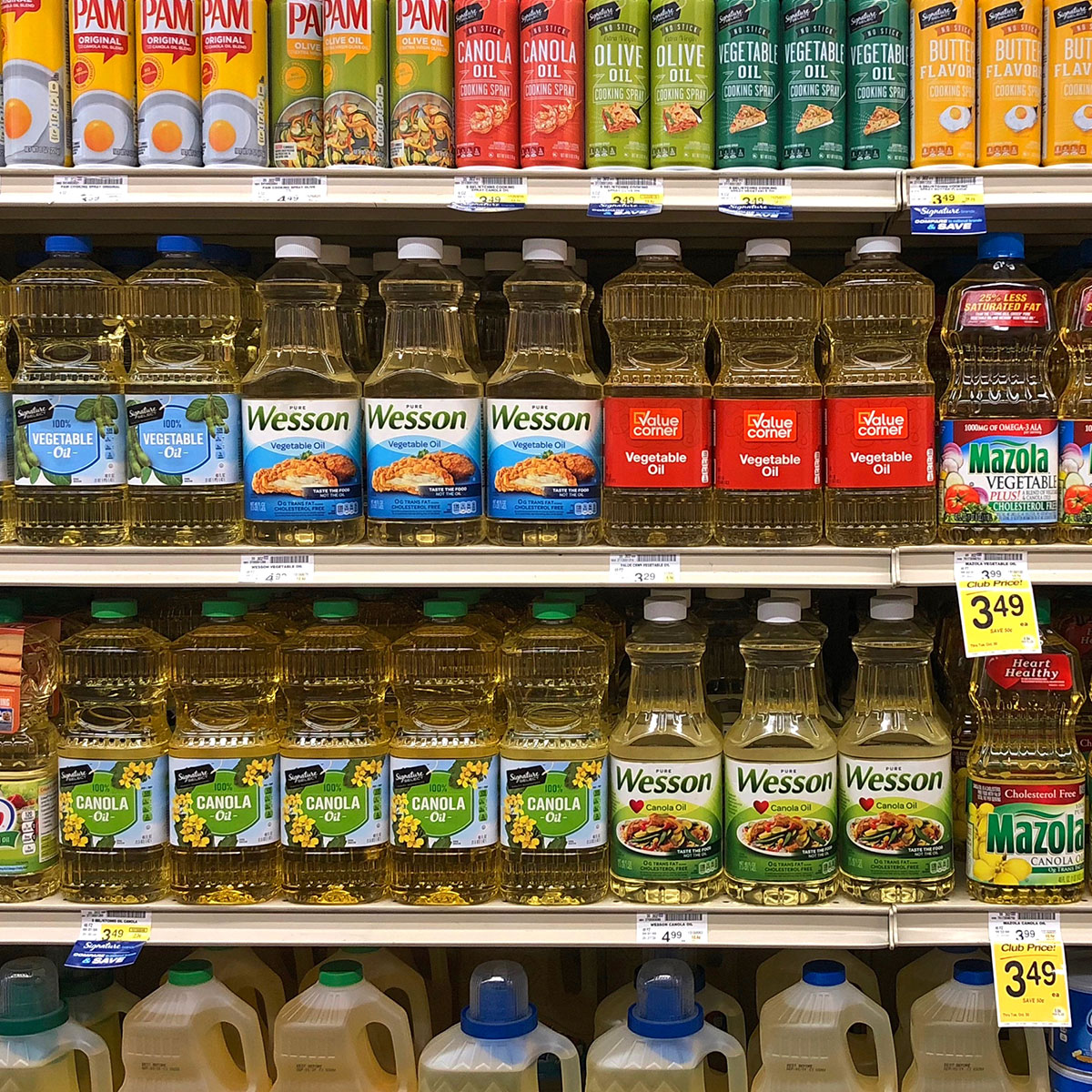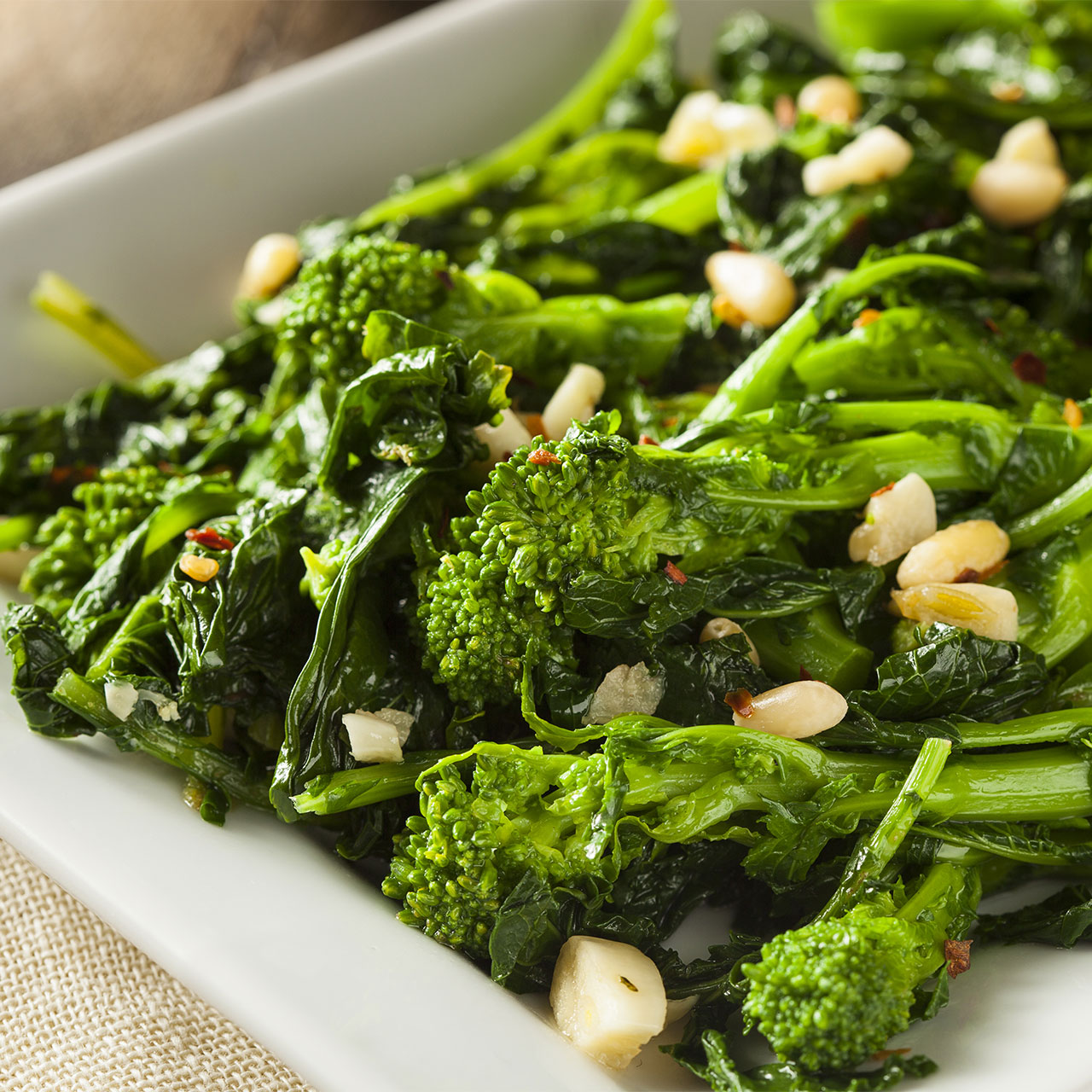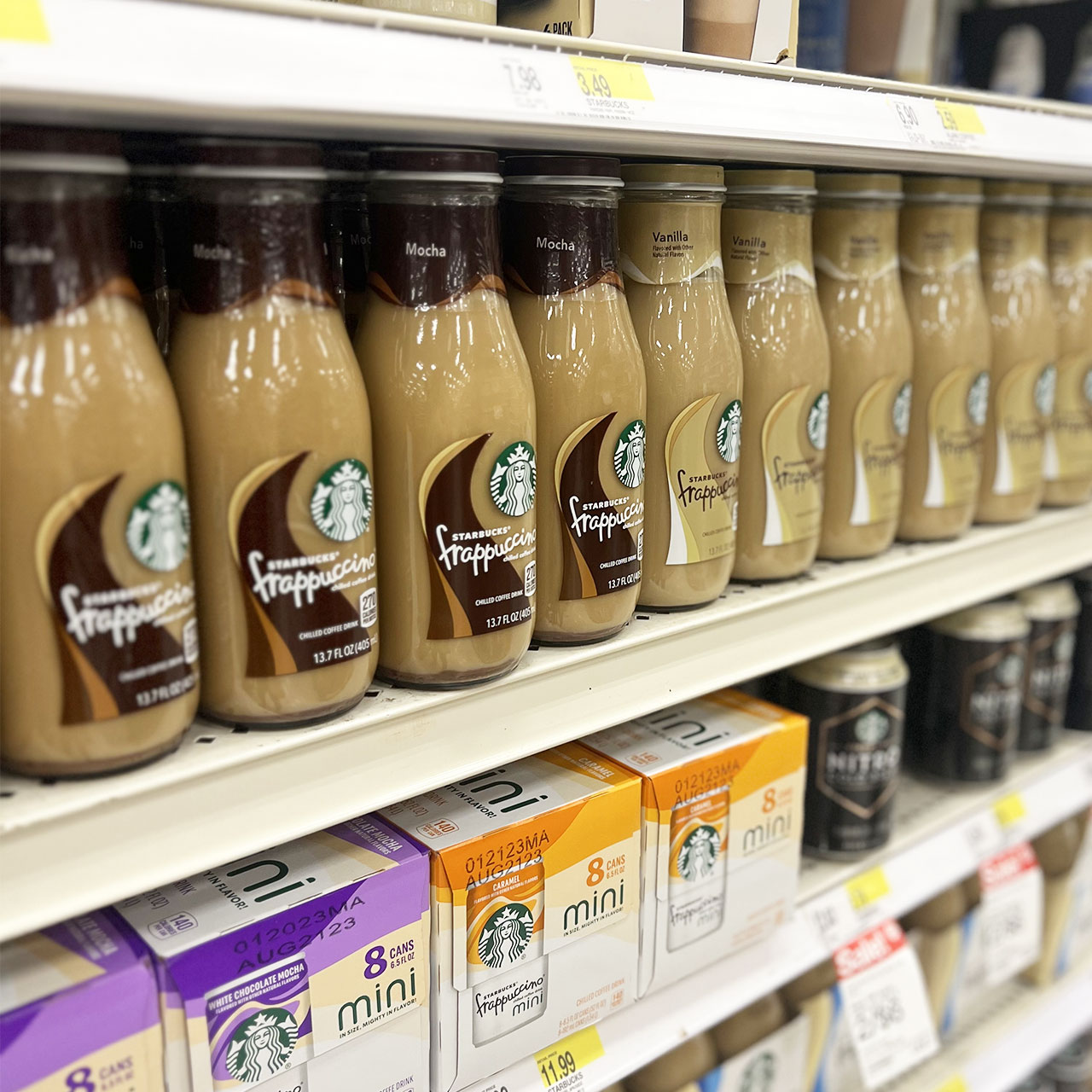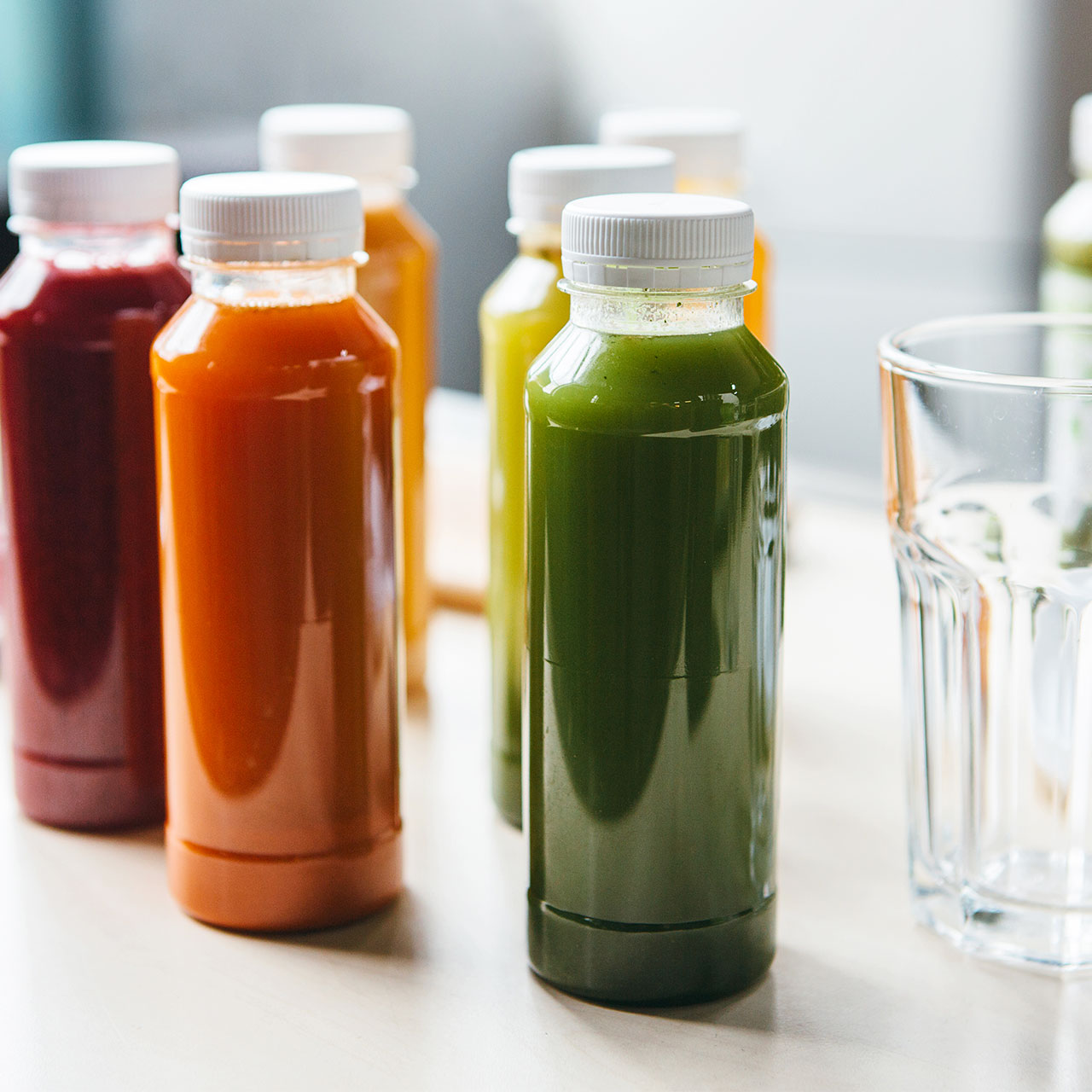When it comes to digestive issues, one of the first places you should look for the cause is your diet. As it turns out, certain foods can be detrimental to your gut health and make issues like gas and bloating so much worse. In fact, there’s one common ingredient in particular that could be throwing a wrench in your digestion on a regular basis–and it’s likely somewhere in your kitchen as we speak: vegetable oil.
To get the rundown on how vegetable and seed oils can lead to gas and bloating, we spoke to health experts Lisa Richards, nutritionist and creator of The Candida Diet; Emily Weiss Schaffer, Nutritional Therapy Practitioner; Susan Blake, MD; and Juliana Tamayo, Registered Dietitian. They told us all about these highly processed oils and their role in inflammation and gut health; find all of their insight below!

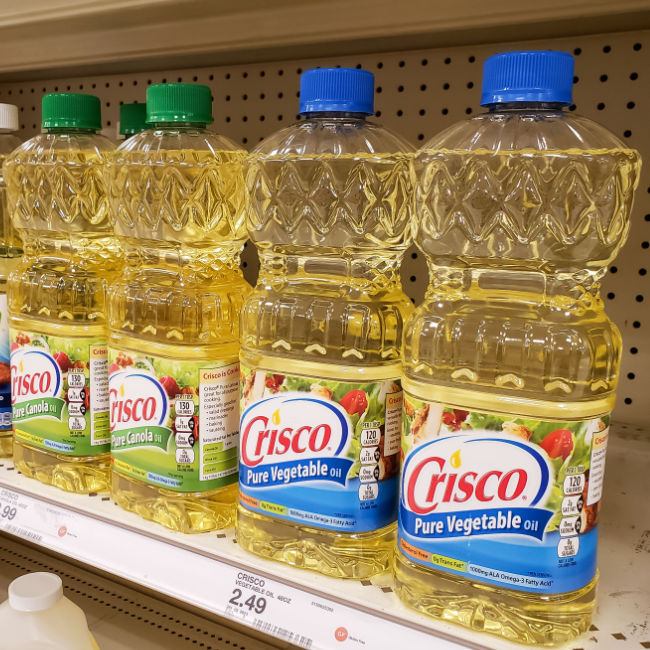
Vegetable oils
Although they’re a staple in many kitchens across America, Richards, Blake, and Tamayo all warn against using inflammatory vegetable oils (which are actually usually made from seeds, nuts, and soybeans) in your kitchen, especially if you want to avoid digestive issues like gas and bloating.
One of the main reasons that vegetable oils are such a major culprit of these issues is the fact that they’re high in omega-6 fatty acids. “Vegetable oils and oils that have a high ratio of omega-6 to omega-3 fatty acids can cause bloating and inflammation,” Richards explains, noting that “When selecting an oil you'll want to opt for oils that are equal in omega-6 and omega-3's because they are less likely to cause bloat.” Unfortunately, she tells us, “many who consume a standard American diet consume large amounts of omega-6 oils and this leads to bloat and ultimately weight gain,” and vegetable oils are likely a huge reason for this.
Additionally, the highly processed nature of these oils can wreak havoc on your digestive system. Blake explains that vegetable oil such as canola oil “generally undergoes extensive processing before being sold as cooking oil, which includes the use of chemical solvents like hexane. This type of processing can result in numerous toxic byproducts that may be harmful to your health." Uh-oh!

In short, consuming highly processed foods can lead to and exacerbate inflammation–and, unfortunately, matters are only made worse when these oils are cooked, as heat "oxidizes the fats even further, ultimately [making canola oil] the most toxic inflammatory thing that people put in their bodies on a daily basis,” according to Schaffer. “The inflammatory nature of these oils in addition to oxidizing them wreaks havoc on our bodies and causes inflammation that can be seen through bloating and digestive issues,” she explains.
Luckily, there are plenty of healthy alternatives to vegetable oils. If you’d like to keep inflammation to a minimum, lose weight, or just keep your body as healthy as possible, health experts seem to agree that olive is typically the best way to go. "You have heard it a million times, but olive oil is truly the best oil to cook with," Tamayo says. Not only is olive oil less processed than seed oils, but it’s actually anti-inflammatory and packed with antioxidants, meaning that it isn’t just the lesser of a few evils–it’s actually great for your overall health. "It promotes better digestion and does not change the nutrient profile of your foods," Tamayo concludes. Incredible! We’ll be switching our canola oil out for some olive oil ASAP.





